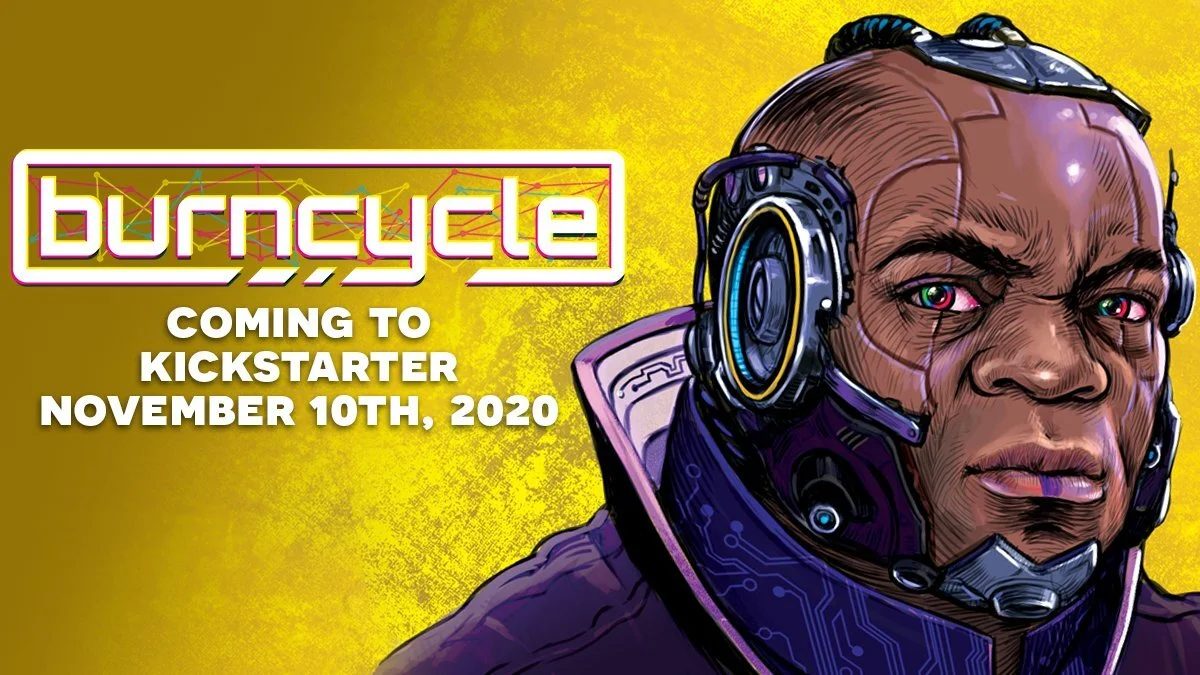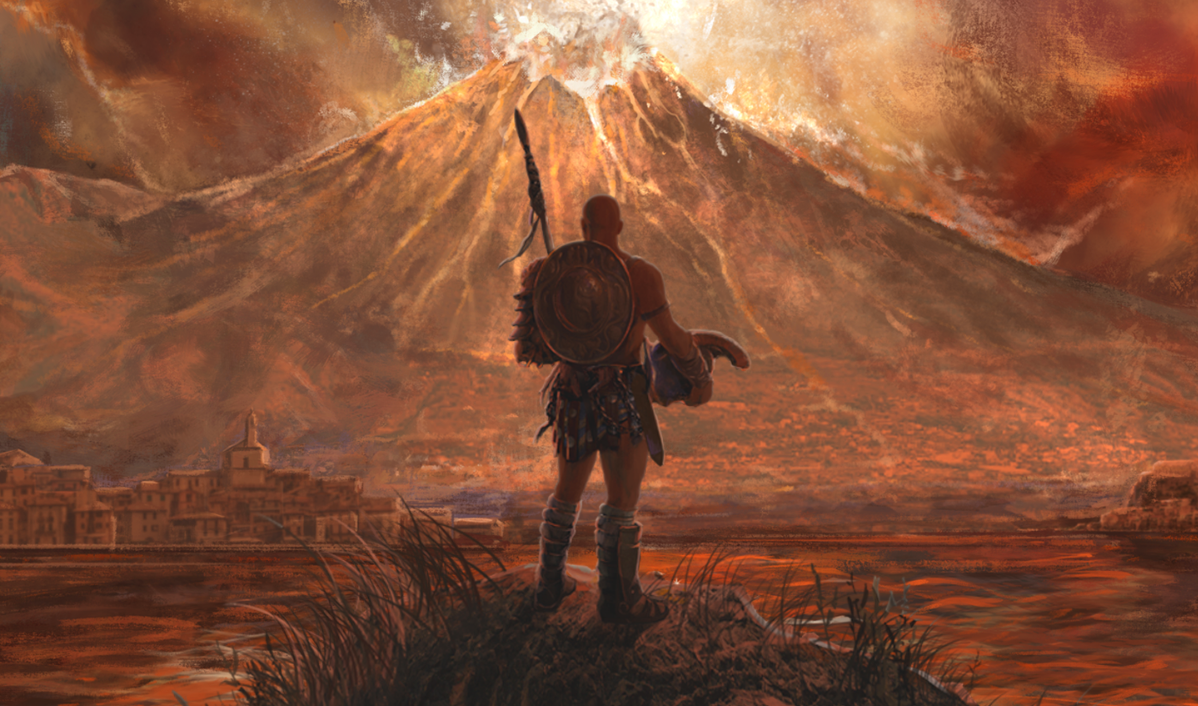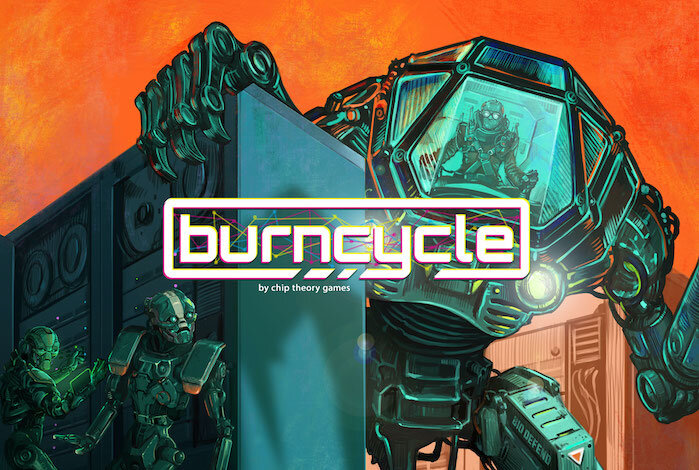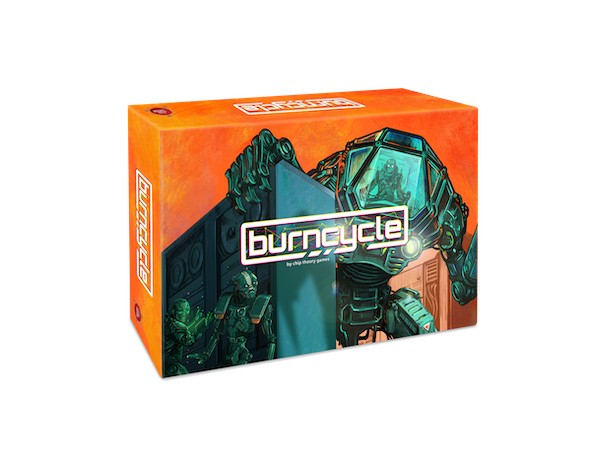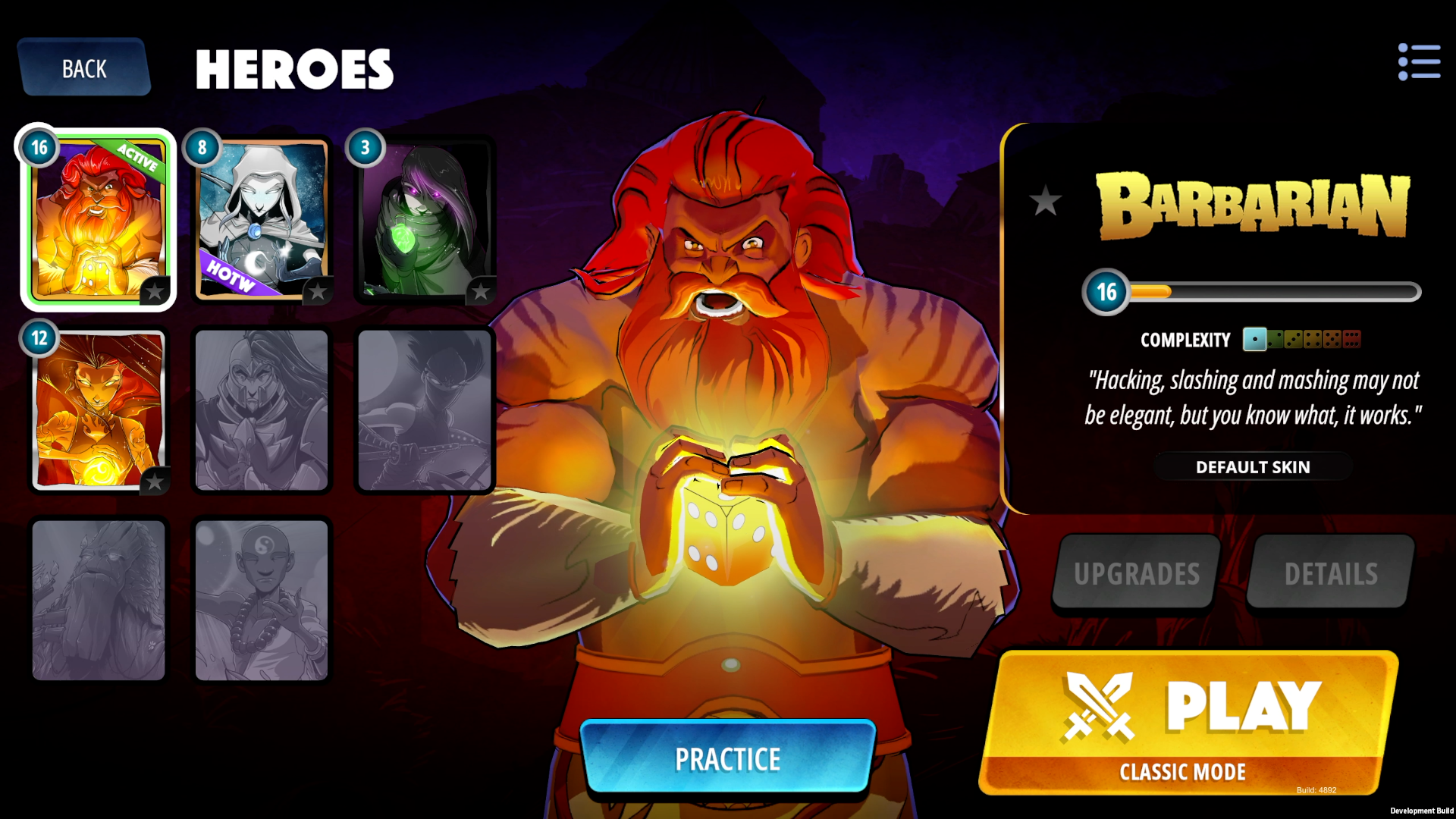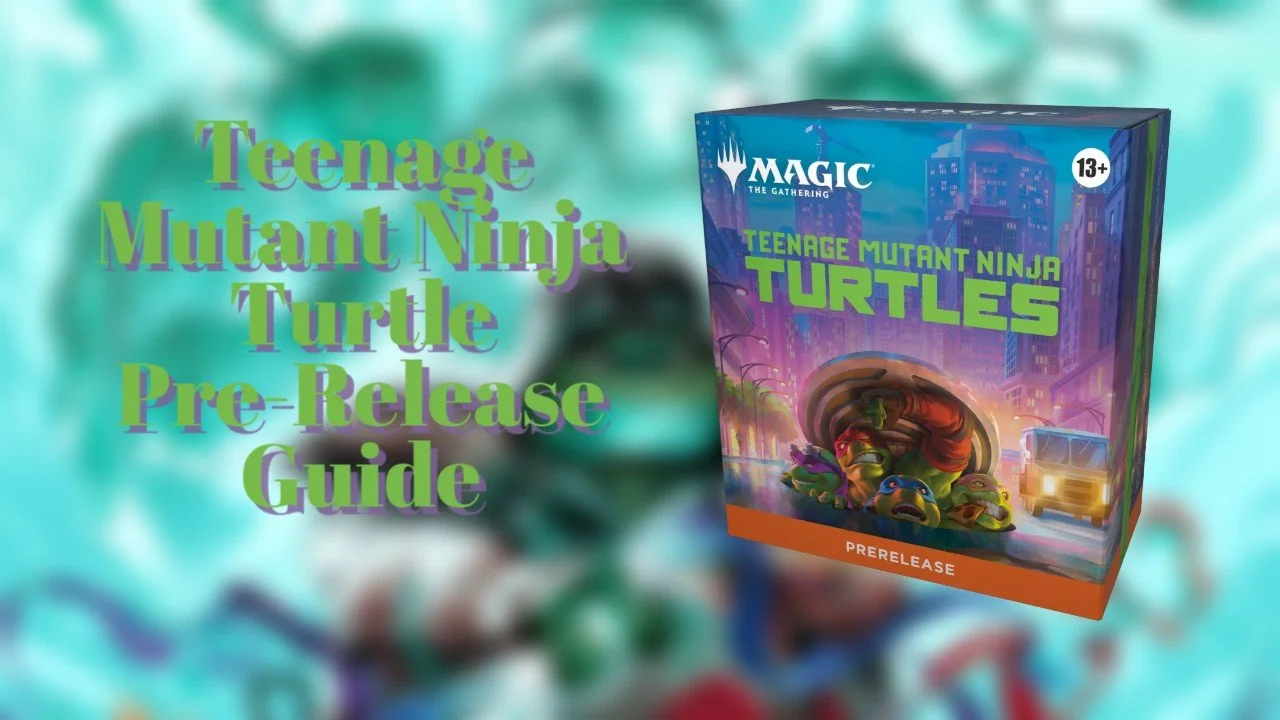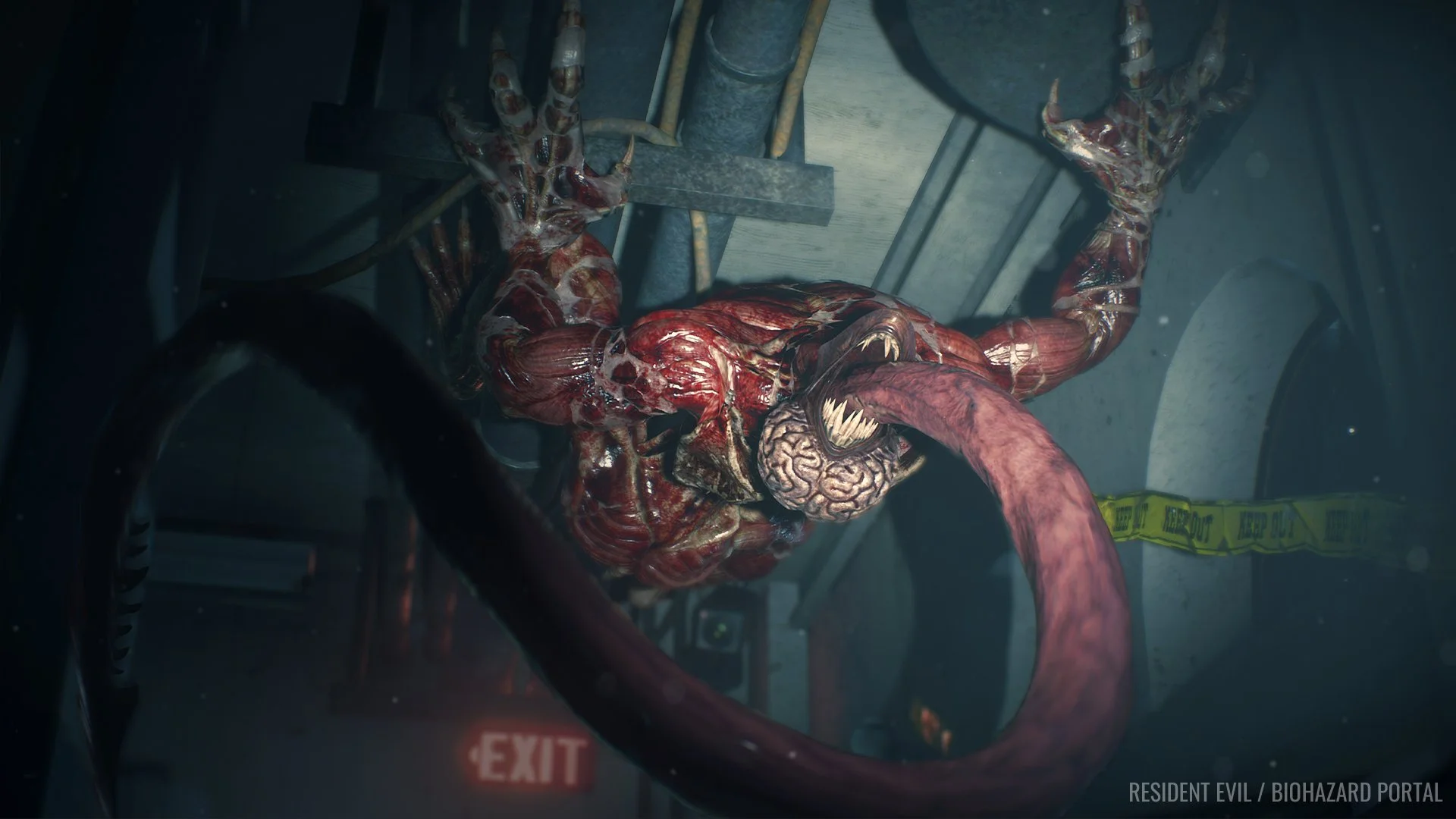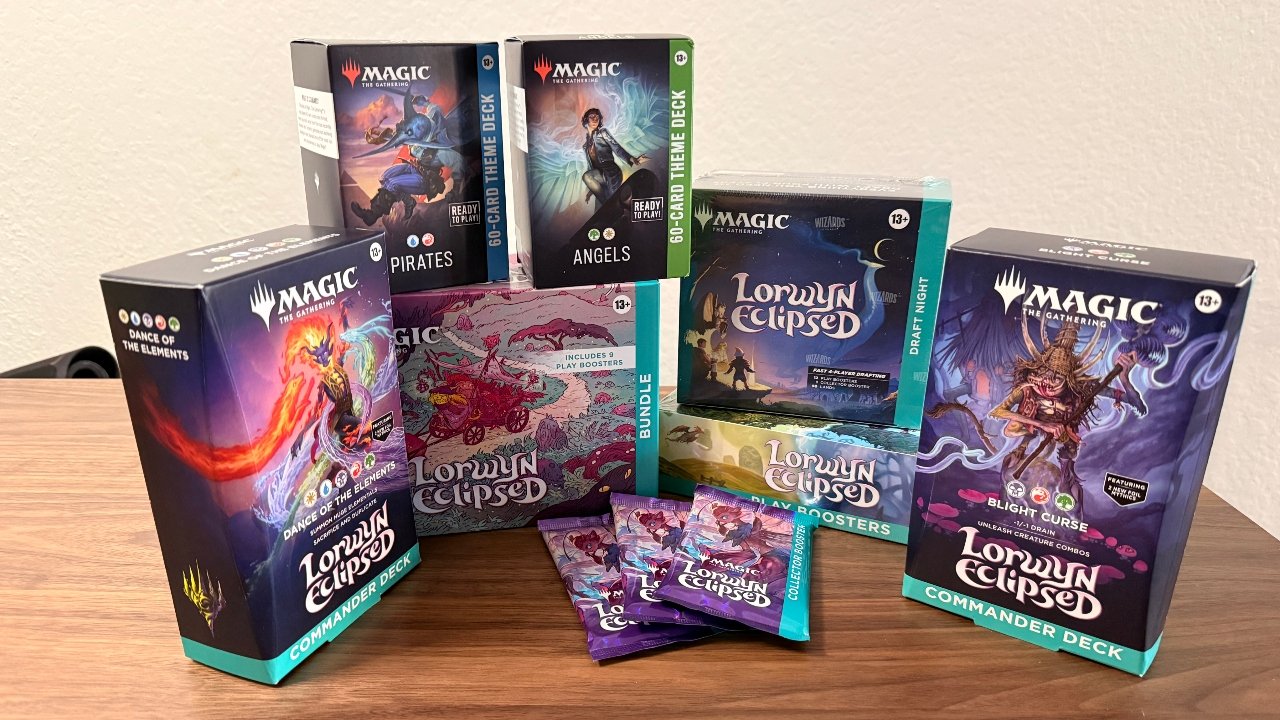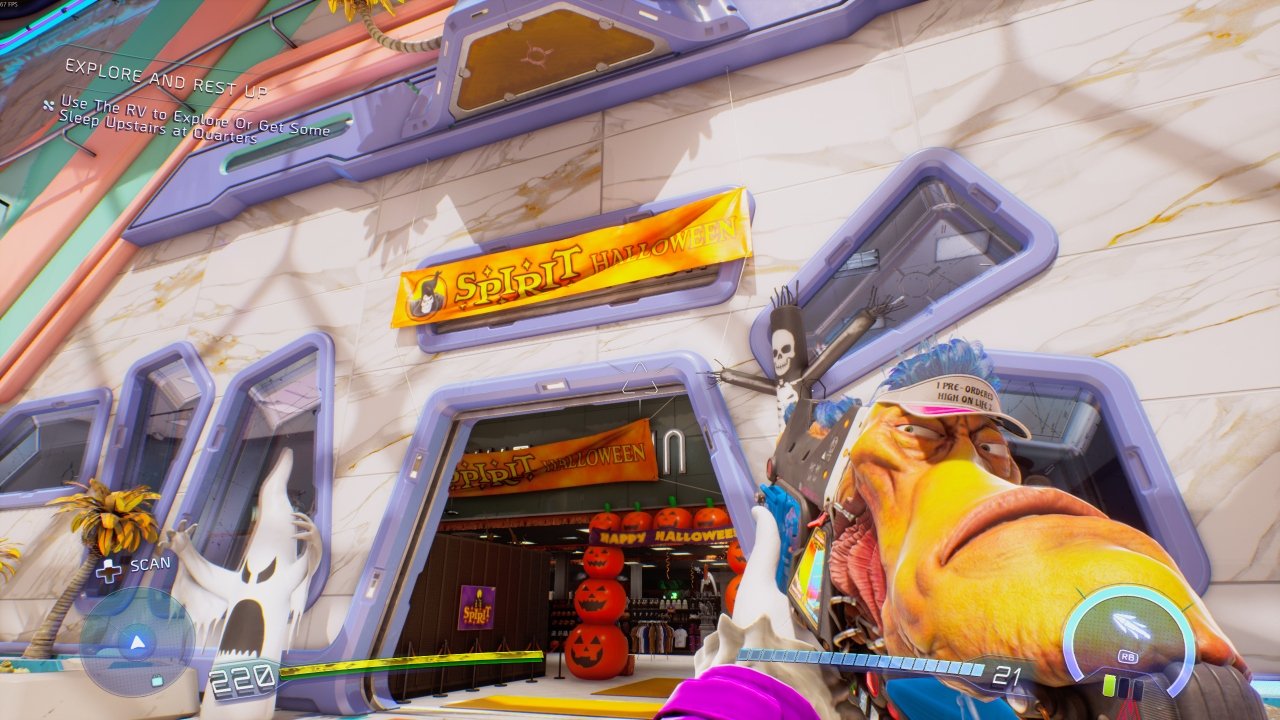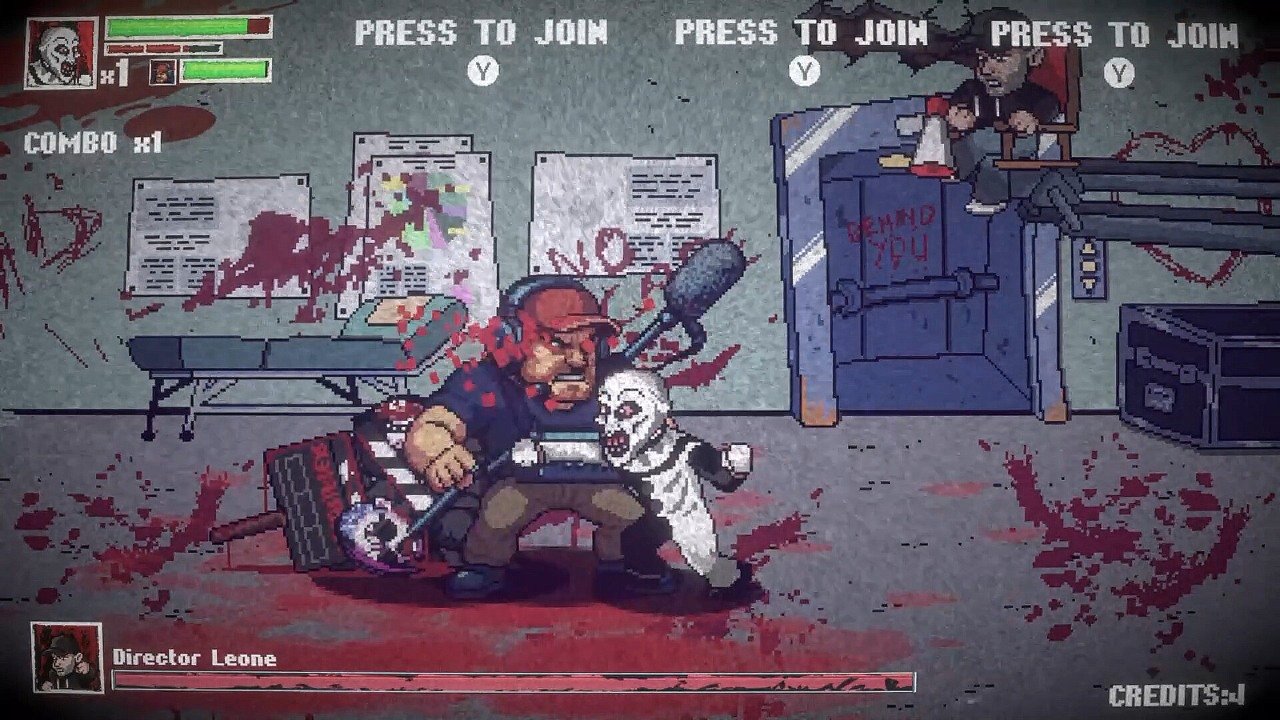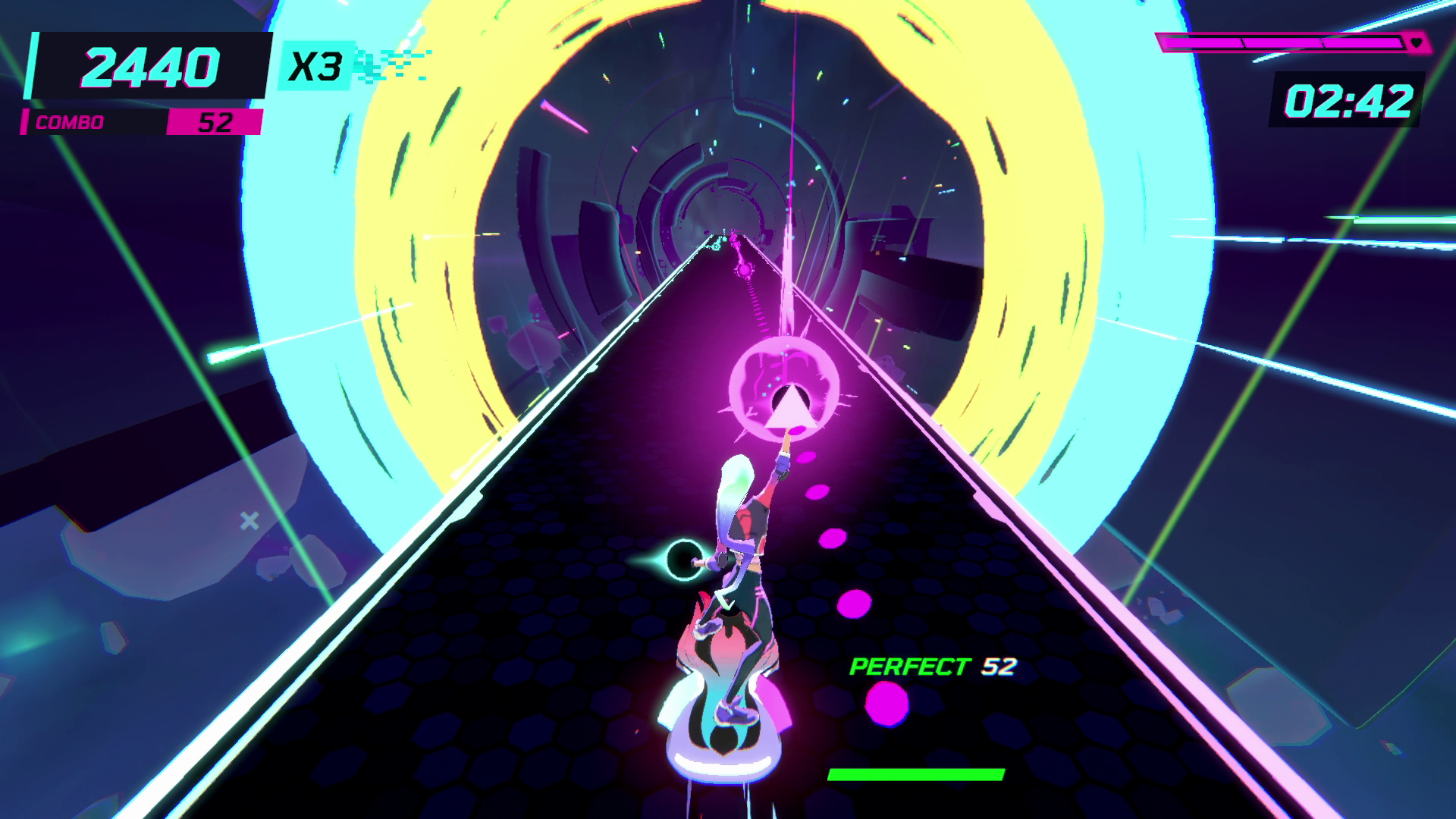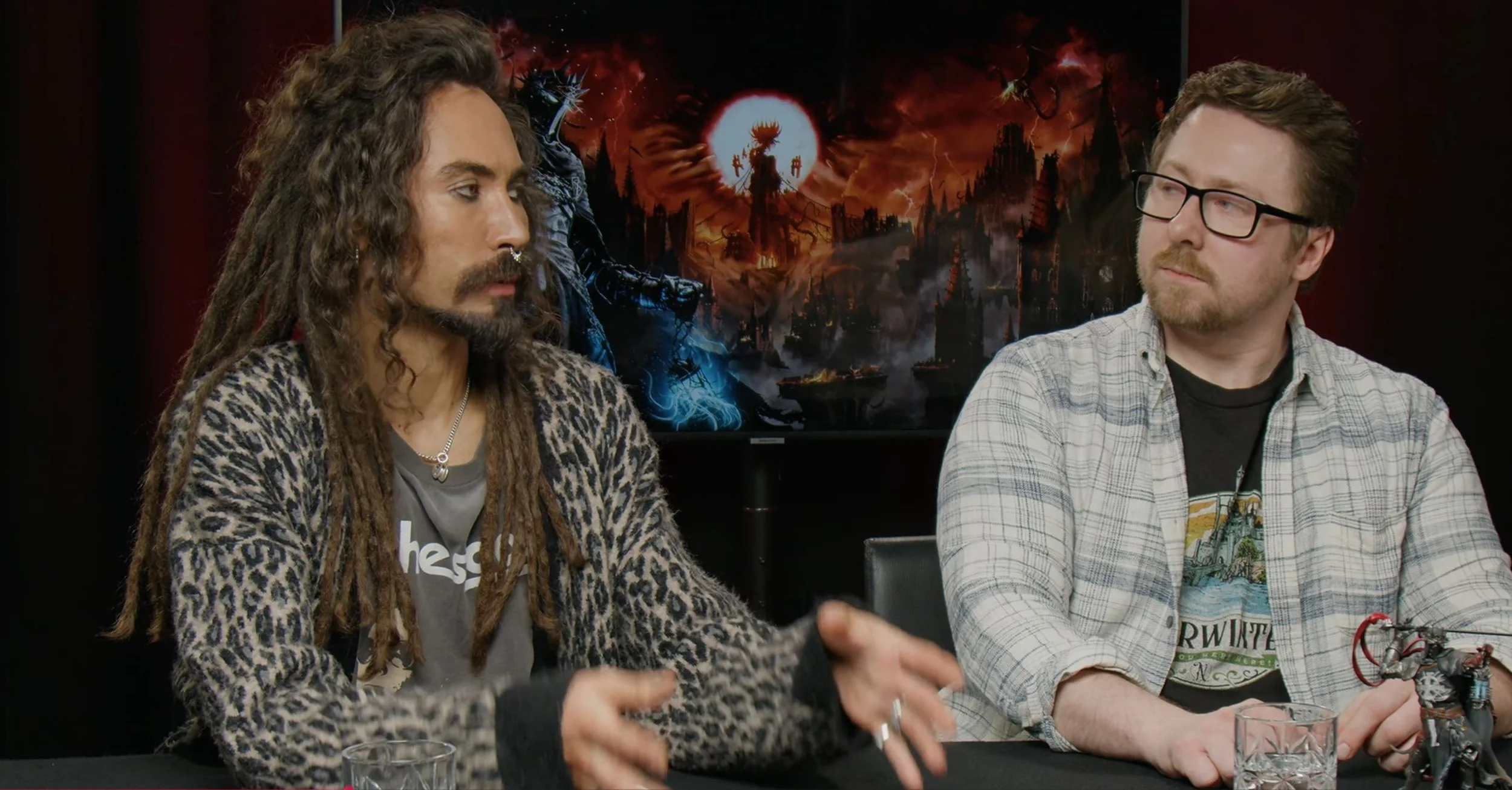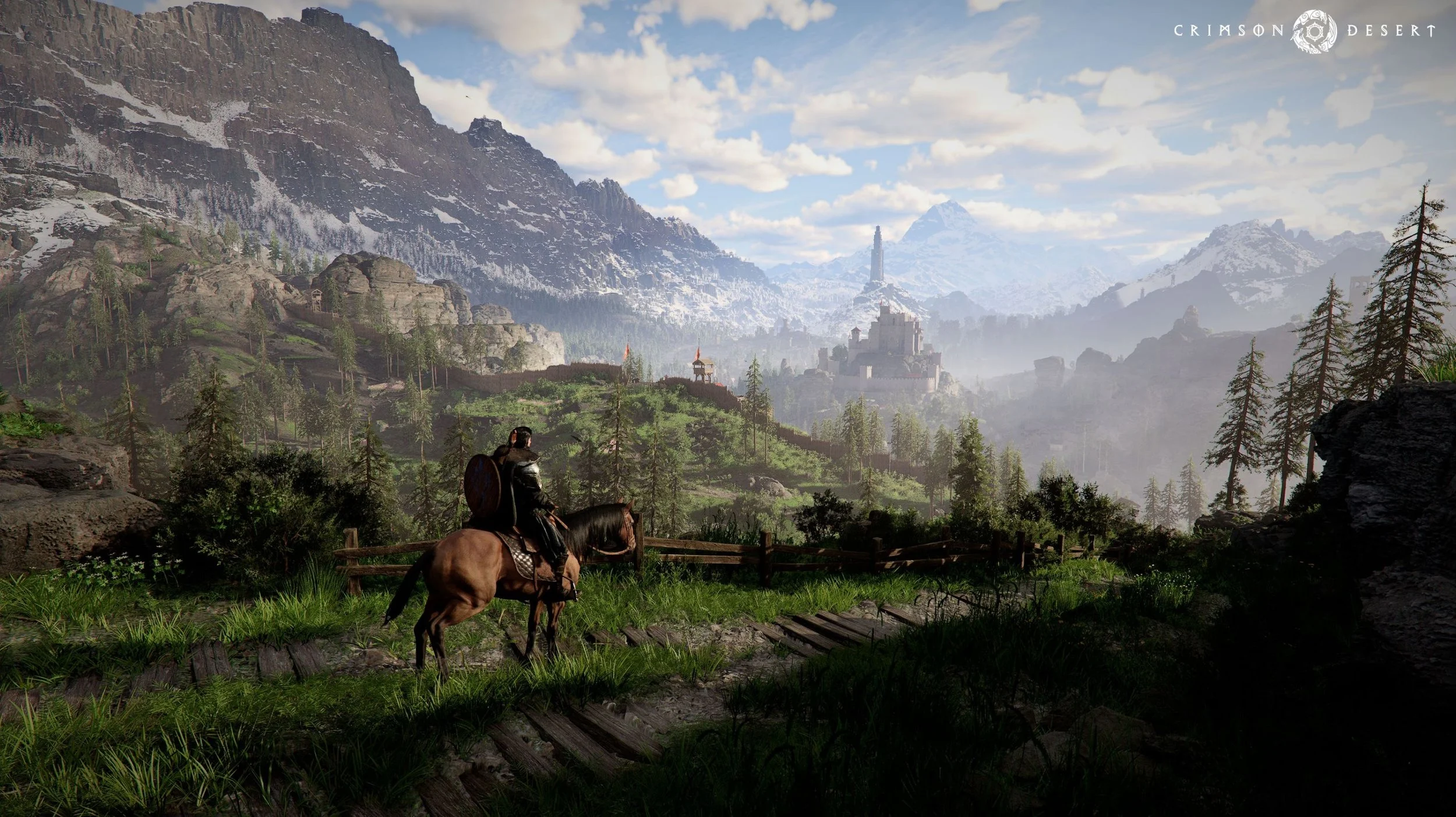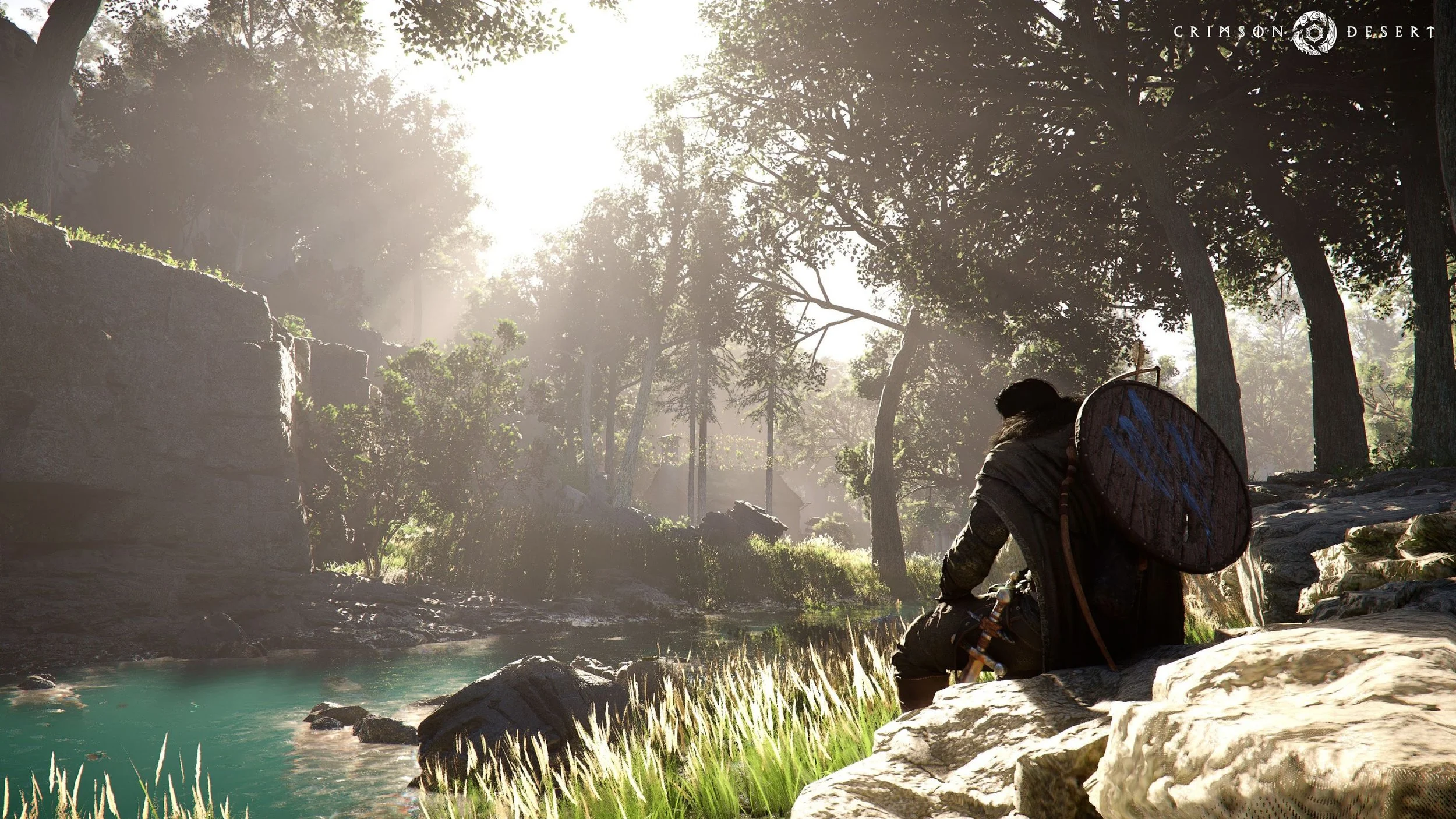In the far future, robots have resurrected humanity after mankind’s hubris led to an extinction event. Upon revival, humans quickly prove that they've learned nothing from their past mistakes, subjugating the robots and becoming the ruling class of sentient life on Earth. Now, the bots are fighting back.
Typically, science fiction dwells on the subjugation of mankind under the rise of AI and robotic superiority. Robots are the bad guys. Humans are the plucky underdogs. That’s where we get The Terminator, I, Robot, and a lot of other movies, books, and media.
But the script is flipped in burncycle, the upcoming board game from Chip Theory Games. The publisher of Too Many Bones and Cloudspire is launching a new Kickstarter for this stealth-focused dungeon crawler. A solo or cooperative game, burncycle involves rebellious robots who are resisting the human corporations that oppress them. It pulls some of the mechanics that CTG has learned from their experience with Too Many Bones and Cloudspire, but it departs from these other big-box games enough to intrigue and excite me.
I got the chance to play some of the game in its current stage of development and I wanted to explore the next adventure from Chip Theory Games.
GAMEPLAY
burncycle is going to be another hefty box from CTG. There is no doubt about that, given the innate complexity of the game and the objective of the cooperative experience. Players will work together to progress through three floors filled with corporate threats—patrolling guards, locked doors, virtual enemies, and other obstacles. All of this must be done while managing the opposition’s awareness of and reaction to your retro sci-fi bots.
The first thing I noticed while playing was the physical setting. One of my bigger complaints about Too Many Bones was the abstract nature of the adventure. It’s got narrative elements from the encounter cards, but there isn’t a lot to visually immerse yourself in the game. Fighting takes place on a battle mat where Gearlocks and enemies move around, shifting between melee and ranged positions. It’s a gorgeous game from a production standpoint, but there is no atmospheric environment to ground the players in the experience. burncycle manages to achieve this, though, by existing mainly as a dungeon crawler. There is a physical board on which players will guide their bots. Enemies are not restricted to a square mat. They will move in and react to their surroundings. Players have to navigate this complex maze of rooms, hallways, security systems, and corporate forces.
So that’s a big plus for me.
There is also a virtual world, though, that adds an additional environmental aspect to the game. Bots will access this network in order to affect the threat level of the corporation and to influence the humans’ response to the bot incursion. It’s a kind of minigame within the overall burncycle experience that necessitates player interaction through adversarial pings and network aggression from the corporate CEOs who oversee mankind’s ruthless regime. I wasn’t as convinced as to the value of this gameplay addition yet, but it was an interesting idea that I hope is further developed.
To continue with differences between burncycle and its CTG predecessors, combat—which is central to Too Many Bones and Cloudspire—takes a little bit of a backseat in this new game. And I’m fine with that. You don’t want to fully engage the guards throughout the complex. It’s best to avoid them and implement a more stealth-based approach. Attacking guards is a last resort and consumes most of your action points on any given turn. That helps to create tension and reinforces the need to evade, distract, and outsmart.
There’s a lot going on in the rest of the game. Bots can be improved via mods, constrained via imperatives, upgraded via power, and hurt from both virtual and physical attacks. The mechanics include action sequencing, variable player powers, action dice, and the typical exploration specific to dungeon crawlers.
I do have questions about balancing and gameplay, though. The mods were a weak point that needs to be fixed. In the current version, the prerequisites for use are too high. In a game that seems designed to encourage growth and upgrades over the course of three floors, I was unable to use any of the three mods I got on the first floor. And I’m curious to see how the second and third floors (I only played through the first floor) will vary from the first in difficulty and design. But I recognize that I’m playing an early version of burncycle. It will likely smooth out a lot of these small bumps in the road as it gets closer to production.
All in all, I enjoyed what it had to offer and I think it has the potential to be my favorite title from Chip Theory Games. It’s got some work to do to topple Too Many Bones for me, but I’m impressed with what’s there so far.
The theme has me pumped, the stealth-based mechanics thrill me, and it’s got all of the (ahem) bones of a great game.
EXPECTATIONS
If development continues, then I think burncycle could be a big hit. It’s got the pull of Kickstarter and CTG fans to help bring in funding, but it’s what comes after that I’m interested in.
For a big game like this, it’s important that everything is tweaked as much as possible to streamline gameplay and to encourage replay. My time with the game was pretty drawn out, but I attribute much of that to Tabletop Simulator. It’s both a gift and a curse in these pandemic times. I’d much rather be able to work with the physical product. It gives me a better idea of how the gameplay works. We can’t always get what we want, though. So, I imagine that at some point in the future, I’ll be diving back into TTS to examine what’s changed in the world of burncycle.
When I do, I’ll let you guys know if it’s gotten better, how it’s improved, and if it’s worthy of a top board game spot on your shelf like Too Many Bones.
I’m hopeful for this upcoming game.
CONCLUSION
burncycle promises a world where Sam Fisher and WALL-E coalesce into some futuristic rebel hero. That’s something I can get behind. Because if 2020 has taught us anything, it’s that humans kind of suck. So, the opportunity to get back at that cringey species as robots on a mission sounds inviting.
Who wouldn’t want to take that chance?
The latest offering from Chip Theory Games is stealth-focused in a way that feels natural, physically dense in a satisfying departure from earlier games, and just the right combination of thematic appeal and complex gameplay. It’s got some kinks that need to be worked out, some wrinkles that need an iron, but I can comfortably say that I’m looking forward to this campaign and hope the best for the game’s development!
What do you think, though? Is this something that you would back on Kickstarter? Let me know in the comments!



